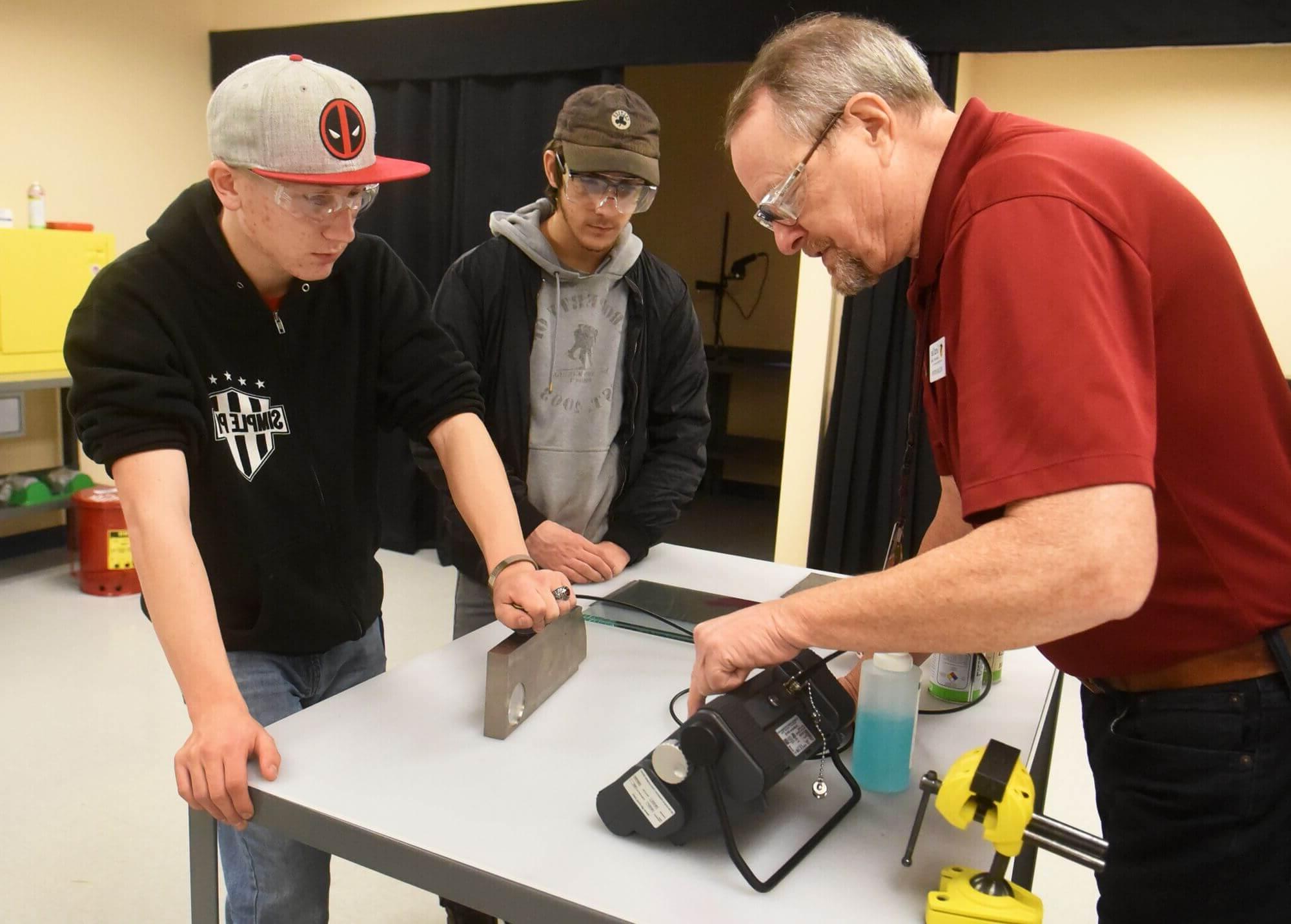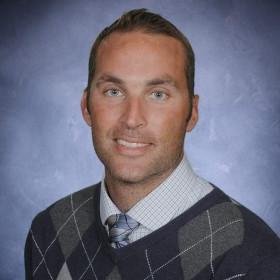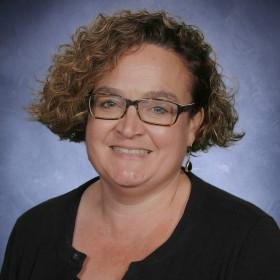Overview
The Engineering Science program at GBCC is intended for those who have a strong passion for problem-solving, creativity, and the betterment of society. Our department focuses on the mathematical and physical sciences that our world depends on daily. Students who enroll in the program will have the opportunity to build their engineering background to further pursue a bachelor degree in a specialized field.
Why Great Bay?
We have an 11 to 1 student to faculty ratio which provides students a robust opportunity for greater campus involvement and success. With an excellent proximity to neighboring industries at the Pease Tradeport, the University of New Hampshire, and the Naval Shipyard, Great Bay Community College’s students have the flexibility to enhance their education to suit their professional goals.
Career Options
Engineering graduates have the option to work in industry, the government, and academia.
Related Degrees
Curriculum Outline
The classes and coursework required is as follows:
First Year: Fall Semester
| Course ID | Course | Theory | Lab | Credits |
|---|---|---|---|---|
| CHEM115G | General Chemistry I | 3 | 3 | 4 |
| MATH210G | Pre-Calculus | 4 | 0 | 4 |
| ENGL110G / 111G | College Composition I / College Comp I with Lab | 4 | 0/2 | 4/5 |
| SEQUENCE A | ||||
| CIS112G | Introduction to Object-Oriented Programming | 2 | 2 | 3 |
| SEQUENCE B | ||||
| ARTS125G | Visual Language | 3 | 0 | 3 |
| Total Credits | 14-15 | |||
First Year: Spring Semester
| Course ID | Course | Theory | Lab | Credits |
|---|---|---|---|---|
| ENGLXXXG | English Elective | 3 | 0 | 3 |
| Social Science Elective | 3 | 0 | 3-4 | |
| MATH230G | Calculus I | 4 | 0 | 4 |
| CHEM116G | General Chemistry II | 3 | 3 | 4 |
SEQUENCE A | ||||
| Humanities/Fine Arts Elective | 3 | 0 | 3 | |
| SEQUENCE B | ||||
| CIS177G | Introduction to Python | 2 | 2 | 3 |
| Total Credits | 17 | |||
Second Year: Fall Semester
| Course ID | Course | Theory | Lab | Credits |
|---|---|---|---|---|
| MATH250G | Calculus II | 4 | 0 | 4 |
| PHYS290G | University Physics I | 3 | 3 | 4 |
| Liberal Arts Elective | 3 | 0 | 3 | |
| SEQUENCE A | ||||
| MATH235G (or higher) | Math Elective | 4 | 0 | 4 |
| SEQUENCE B | ||||
| DATA210G | Elements of Data Science | 3 | 0 | 3 |
| Total Semester Credits | 16-17 | |||
Second Year: Spring/Summer Semester
| Course ID | Course | Theory | Lab | Credits |
|---|---|---|---|---|
MATH235G | Math Elective | 4 | 0 | 4 |
| PHYS295G | University Physics II | 3 | 3 | 4 |
| SEQUENCE A | ||||
| CIS177G | Introduction to Python | 2 | 2 | 3 |
| 4-Credit Liberal Arts Elective | 4 | 0 | 4 | |
| SEQUENCE B | ||||
| DATA220G | Data Analysis with R | 3 | 0 | 3 |
| 4-Credit Liberal Arts Elective | 4 | 0 | 4 | |
| DATA225G | Analytics Capstone | 2 | 0 | 2 |
| Total Credits | 15-17 | |||
*Major Elective Sequences (choose one)
Total Degree Credits: 60-65
Guide to Major Elective Sequences
Sequence A – Applied Math/Programming Option:
MATH170G or MATH215G, CIS177G, and CIS112G or CIS148G.
Sequence B – Practical Data Science Certificate Option:
DATA215G, CIS177G, DATA220G, and DATA225G (along with MATH235 and ARTS125 electives).
Sequence C – Transfer Option:
Students may transfer the following from other CCSNH colleges: Computer Aided Design (CAD), Engineering Statistics, and Engineering Dynamics or Strength of Materials.
*If MATH150G/MATH152G is needed, it is strongly recommended that students complete this course prior to beginning the Engineering Science program in order to stay on track.
Please Note: The Engineering Science degree is a rigorous program. Students are expected to spend additional time beyond the minimum to complete the requirements and achieve success. Students are also expected to have college-level reading, writing, and math skills as soon as possible after declaring this major.
Program Outcomes
• Students will access, generate, process, and transfer information using appropriate technologies.
• Students will understand mathematics and become mathematically confident by communicating and reasoning mathematically, by applying mathematics in real-world settings, and by solving problems through the integrated study of number systems, geometry, algebra, and trigonometry.
• Students will understand and apply scientific concepts, principles, and theories pertaining to the physical world and recognize the historical development of ideas in science.
• Students will apply technological knowledge and skills to design, construct, use, and evaluate products and systems.
• Students will understand the relationships and common themes that connect mathematics, science, and technology and apply the themes to other areas.
• Students will apply the knowledge and skills of mathematics, science, and technology to real-life problems and make informed decisions.
• After completing the program, students will be prepared to begin using mathematical analysis and scientific inquiry, as appropriate, to pose questions, seek answers, and develop solutions. Students generally move onto 4-year institutions to complete their Baccalaureate in a specified engineering field.






